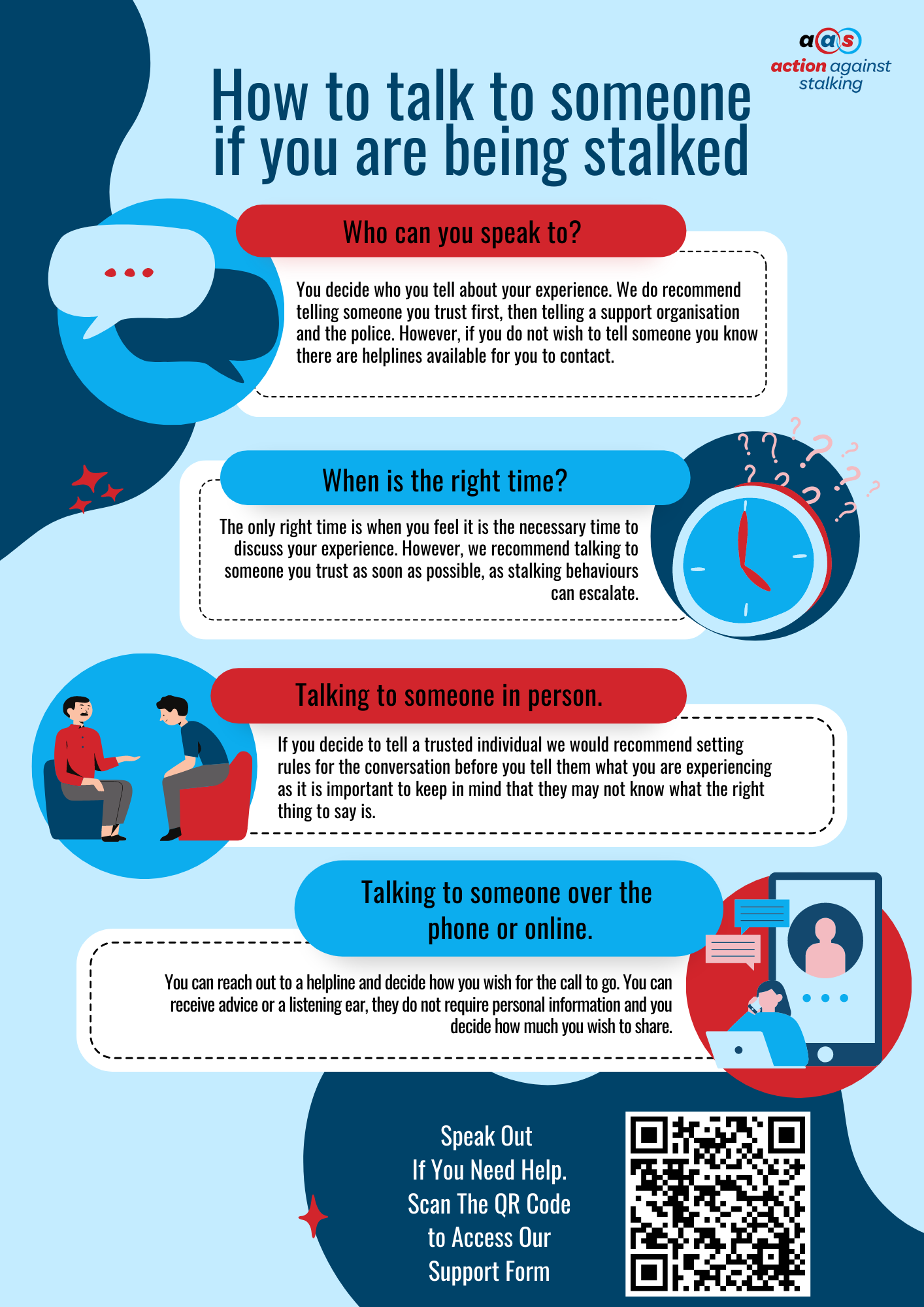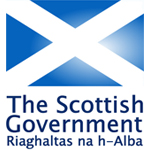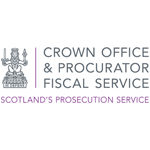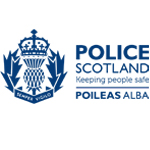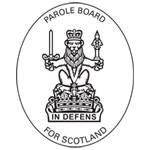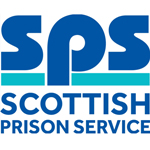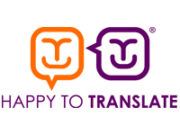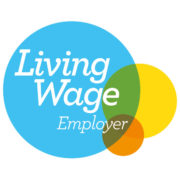National Stalking Awareness Week
This National Stalking Awareness Week, we are helping to highlight the need for young people to have safe spaces to discuss stalking and unwanted behaviour.
Working alongside partners, we are here for any young person who may be affected by stalking.
Stalking is persistent and unwanted attention by another person (or people) that makes you feel pestered, unhappy, anxious or afraid. It is not a single or one-off incident.
If you’re being stalked, you may experience many different emotions. Fear, alarm, anger, anxiety, helplessness, distress, low self-esteem and isolation are common. You may feel that you want to be alone more and stop going out to doing things you would normally do. You may also start to question yourself – whether this is actually happening or if it is as bad as you think. You may feel that no one believes you.
Everyone responds differently, but it’s important to remember that all of these reactions are normal, and this is not your fault. Only the perpetrator is to blame for their behaviour.
One of our key partners, Action Against Stalking, have developed a webpage to help young people identify the signs of stalking, and how to seek support. Click here for more information.
Support is also available from the following organisations:
I definitely recommend anyone who finds themselves worried about stalking to get in touch with a support organisation who can help you and give you the most appropriate advice, and help with contacting the police.
